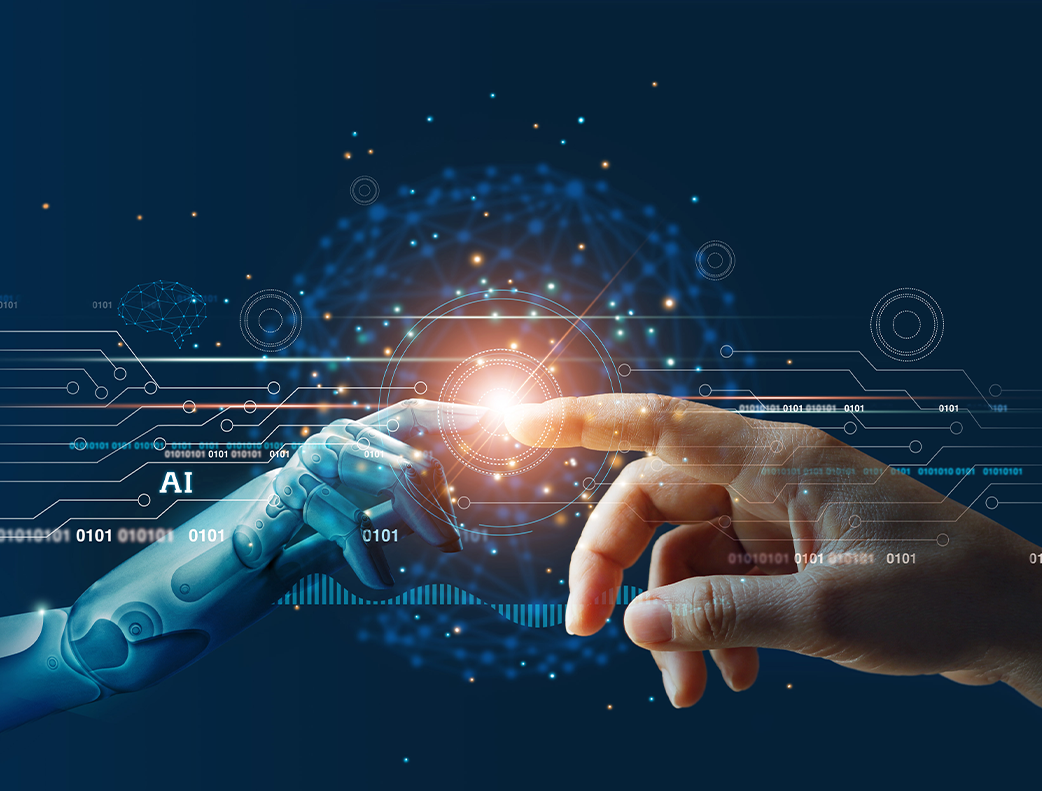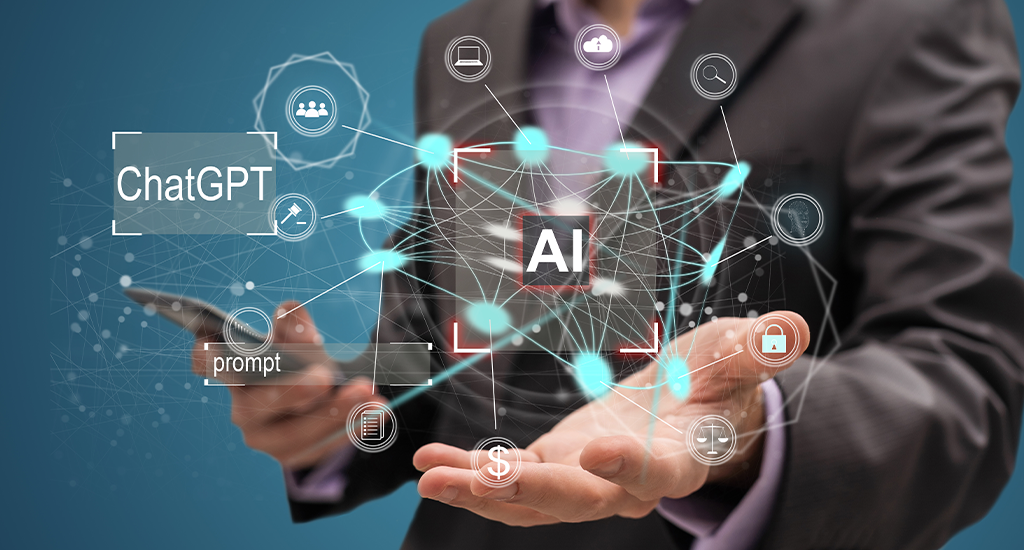
It was an honor to attend the Georgetown ITL Network Conference last month, themed “Ahead of the Curve”. With plenty of insightful conversations and networking, it was a great opportunity to discuss how to best position ourselves for the new coaching challenges coming our way.
I moderated a panel of innovative thought leaders for a perceptive discussion of AI in coaching. It’s no secret how fast AI technologies are advancing, leaving many leaders and coaches feeling apprehensive about what’s to come. But the truth is, no one has all the answers! We’re still figuring it out together, and embracing AI with a positive mindset will be crucial to ensure we stay ahead.
Here are some of my key takeaways from the panel:
1. It’s ok to be apprehensive
The concept of fast-advancing AI is pretty scary. The adoption curve of AI is faster than any other technology we’ve seen in history, and it’s only set to accelerate from here. If you find yourself feeling anxious yet curious about what the future of coaching will look like, it’s ok to feel all of those things – even if they’re conflicting.
So long as these emotions don’t put you in a defensive mindset against AI, embrace these feelings and ride the wave. No one has it all figured out yet; experiencing skepticism, mixed with curiosity is a natural place to be in given what we’re facing.
2. AI has huge potential for productivity
While it’s normal to feel apprehensive about what’s ahead, it’s still important to view AI through a positive lens. Many leaders are already praising generative AI tools like ChatGPT for improving productivity.
These tools have a lot of positive potential, especially within the coaching space. For example, chatbots have already shown great potential in delivering quality coaching feedback to clients around skills and habits – freeing up a coach’s time to provide tailored and transformative coaching in other areas.

3. We mustn’t forget the important ‘human’ element of coaching
In this up-and-coming AI age, we mustn’t lose sight of what makes coaching truly impactful – the human experience. AI undoubtedly has great potential to streamline the overall coaching process, but it still isn’t in a place to replicate the authenticity of connection and the power of 1:1 human coaching.
Coaches will therefore have to lean even more into what makes us truly human. Prioritizing being present, showing empathy, and developing relationships will ensure we, as coaches, stay ahead of the AI curve.
4. Trust must be established
As AI becomes further embedded within our daily lives (not just coaching-wise), establishing key boundaries of trust and ownership is vital.
For example, if you’re planning out a coaching session/conversation using an AI-generated video of your client, who owns that video? Is it you, the coachee, or the AI program used to create that video?
We must identify and clarify the rules of ownership so people feel comfortable using AI.
In summary, there was a lot of food for thought that emerged from this panel. AI is here to stay and we must adapt and embrace it if we want to stay ahead. This conference reinforced just how important human connection and conversation is – especially in the world of coaching.




